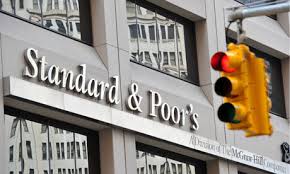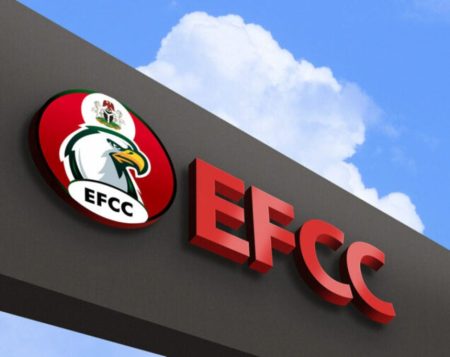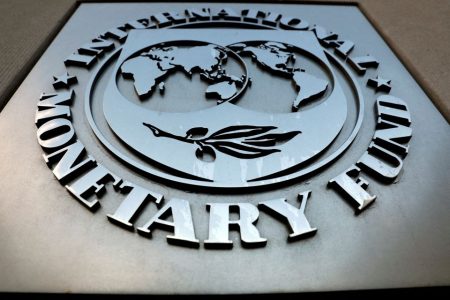Accra — Ghana’s finance ministry expressed disappointment on Monday at Standard and Poor’s downgrading the West African nation’s sovereign credit rating, but said it was determined to quickly emerge from its economic rut.

The ratings agency on Friday lowered Ghana’s local and foreign currency credit ratings to CCC+/C from B-/B, pointing to the government’s “limited commercial financing options, and constrained external and fiscal buffers”.
In a statement on Monday, the finance ministry said Ghana’s worsening economic state had been exacerbated by “global external shocks”, and that various revenue-saving measures introduced at the beginning of the year would soon bear fruit.
“The government is disappointed by S&P’s decision to downgrade Ghana despite the bold policies implemented in 2022 to address macro fiscal challenges and debt sustainability,” the statement said.
“The government is committed and is confident that it will successfully emerge from these challenges in the shortest possible time, as we have demonstrated the track record to do so,” it said.
Moody’s and Fitch both downgraded Ghana at the beginning of the year, drawing criticism from Finance Minister Ken Ofori-Atta, who said international ratings agencies were institutionally biased against African economies.
Ghana has since been unable to tap global capital markets, which the finance ministry and the central bank have partially blamed on the downgrades.
Ghana’s central bank has raised its main lending rate by 550 basis points since the end of last year to rein in spiralling inflation, which reached an 18-year high of 28.9% in June. The cedi currency has depreciated nearly 30% over the same period.
*Christian Akorlie; Cooper Inveen; Editing: Alison Williams – Reuters
Follow us on twitter



